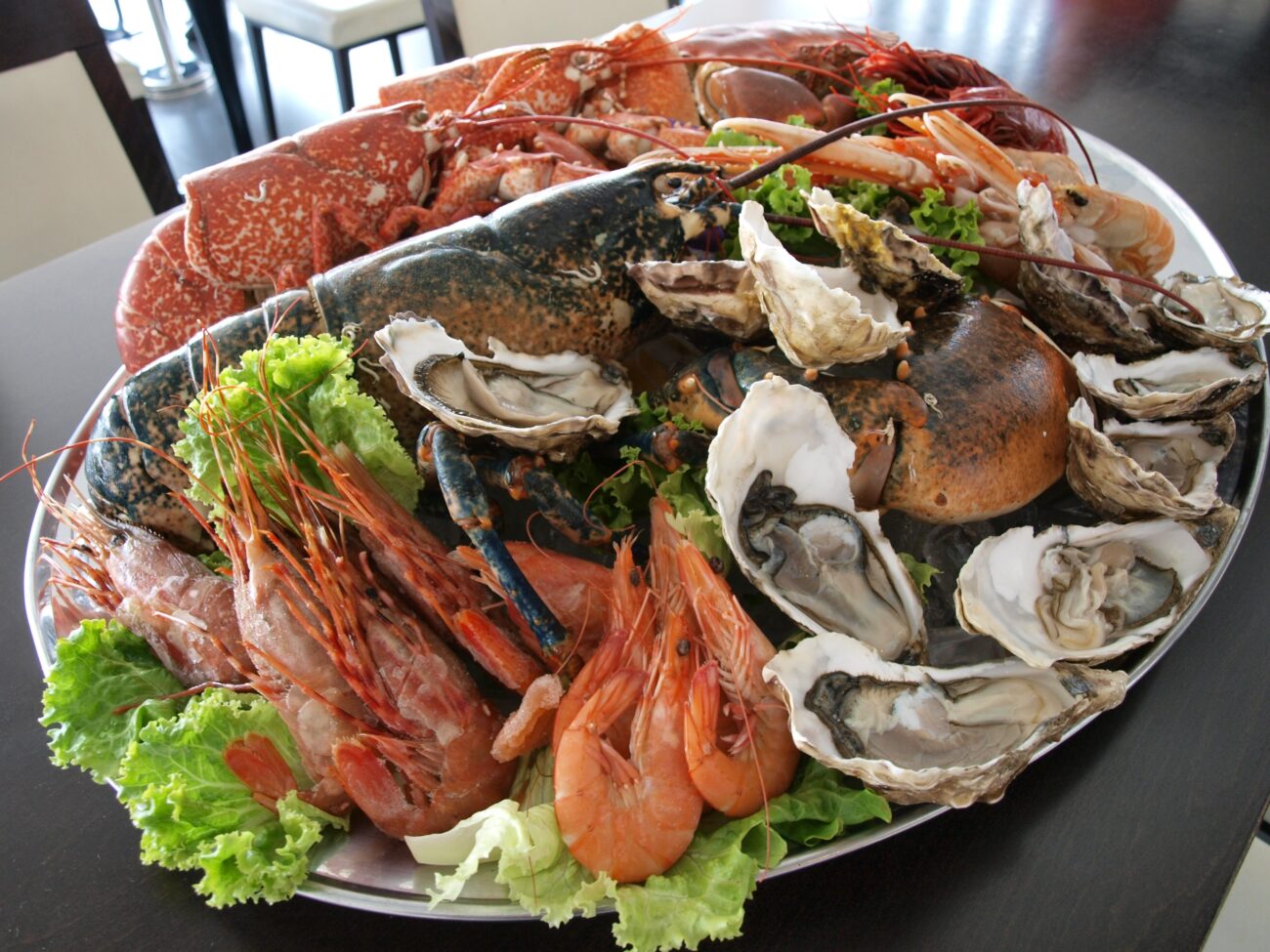Dawn breaks across Sudan, and the aroma of cardamom mingles with caramelizing milk. This isn’t your typical breakfast beverage—Shai Magnan transforms the simple act of tea-making into an elaborate morning ceremony that has anchored Sudanese culture for generations. While other cultures grab coffee and run, Sudanese households begin each day by carefully browning milk until it develops the complex, nutty sweetness of dulce de leche.
The ritual demands patience, skill, and deep respect for tradition. Each step carries cultural weight, from the precise timing of milk caramelization to the ceremonial pouring that concludes the process.
The Art of Burning Milk
Careful caramelization creates Sudan’s signature morning flavor profile.
The process starts with whole milk heated slowly until it browns, developing deep caramel notes that distinguish Sudanese tea from any other spiced blend worldwide. Meanwhile, black tea steeps separately with cardamom, cloves, ginger, and cinnamon—sometimes joined by allspice or black pepper depending on regional and family preferences.
The spiced concentrate gets sweetened with sugar or traditional molasses, strained carefully, then gently poured into the golden milk. Modern adaptations substitute molasses to speed preparation during busy mornings, but purists insist the slow-burn method creates irreplaceable depth and complexity that defines authentic shai magnan.
Sudanese tea culture elevates the beverage to a sacred status within daily life. Tea serves as “the main event” in social interactions—a medium for connection that marks arrivals, celebrations, and moments of solace during loss. The haflat shai ceremony brings entire communities together, while street vendors known as “shay mamas” create daily rhythms in neighborhoods across Khartoum and Darfur.
Strict cultural etiquette governs proper service throughout Sudan. Only plain black tea appears during mourning or solemn occasions, reflecting respect and tradition, while the elaborate milk tea signals celebration and welcome for honored guests.
This ancient tradition shares kinship with Somalia’s shaah and other Northeast African spiced teas, yet Sudan’s distinctive milk-burning technique sets it apart from regional variations. The ritual transcends mere refreshment—it functions as cultural glue that binds families and communities through shared morning experiences. For culinary travelers seeking authentic cultural immersion, participating in a proper shai magnan ceremony offers genuine insight into Sudanese hospitality and the enduring power of purposeful slowness.


















